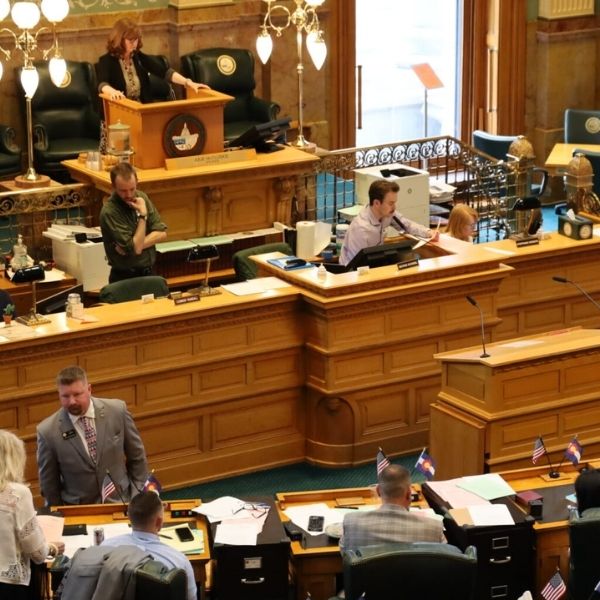DENVER, Colo. — In response to looming federal policy changes that could drive up health insurance costs, the Colorado House Health & Human Services Committee has advanced a bill aimed at controlling premiums and safeguarding health coverage for thousands of residents.
Sponsored by Reps. Kyle Brown and Lindsay Gilchrist, the legislation is designed to counteract the potential fallout from the GOP tax bill, which could strip coverage from over 100,000 Coloradans and trigger steep premium hikes.
Bill Aims to Stabilize the Insurance Market
The proposed measure focuses on preventing drastic cost spikes and maintaining access to affordable coverage.
“Our bill would help stabilize the insurance market to blunt premium increases and protect 20,000 Coloradans’ access to coverage,” said Rep. Kyle Brown, emphasizing the urgency for state intervention if federal support lapses.
Rep. Lindsay Gilchrist added:
“This much-needed temporary fix will allow us to fight off some of the devastating impacts of the federal GOP budget,” highlighting the burden on consumers, small businesses, and employers.
Key Provisions of the Bill
The legislation — an amendment to the Health Insurance Affordability Act — introduces several funding and program adjustments to offset federal cutbacks:
-
$100 Million Loan → Authorizes borrowing from the Unclaimed Property Trust Fund to bolster the Health Insurance Affordability Cash Fund.
-
Financial Flexibility → Grants the Department of Insurance more authority to manage reserves and sustain affordability initiatives.
-
Reinsurance Program Boost → Allocates up to $50 million to lower projected premium hikes from an estimated 28% to around 20%.
-
Premium Wrap Program → Designed to prevent insurance loss for 20,000 residents, many of whom would otherwise face premium surges of up to 175%.
-
OmniSalud Program Overhaul → Ensures continued coverage for vulnerable groups impacted by changing federal policies.
Urgency Tied to Federal Tax Credit Expiration
The bill’s passage has gained momentum as enhanced federal premium tax credits are set to expire by the end of 2025. Without these credits, average insurance costs would soar, placing state-backed solutions like this at the center of Colorado’s strategy to protect coverage and affordability.

Katie is a senior who has been on staff for three years. Her favorite type of stories to write is reviews and features. Katie’s favorite ice cream flavor is strawberry.















Leave a Reply